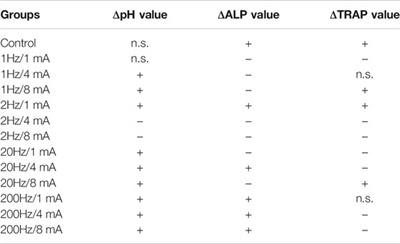EDITORIAL
Published on 13 Sep 2022
Editorial: Applications of biomimetic (composite) materials
doi 10.3389/fbioe.2022.1020909
- 1,162 views
- 1 citation
6,746
Total downloads
32k
Total views and downloads
You will be redirected to our submission process.
EDITORIAL
Published on 13 Sep 2022
REVIEW
Published on 09 Aug 2022

ORIGINAL RESEARCH
Published on 25 Jul 2022

MINI REVIEW
Published on 15 Jul 2022

ORIGINAL RESEARCH
Published on 17 Mar 2022

ORIGINAL RESEARCH
Published on 28 Feb 2022

ORIGINAL RESEARCH
Published on 18 Feb 2022

MINI REVIEW
Published on 30 Sep 2021

